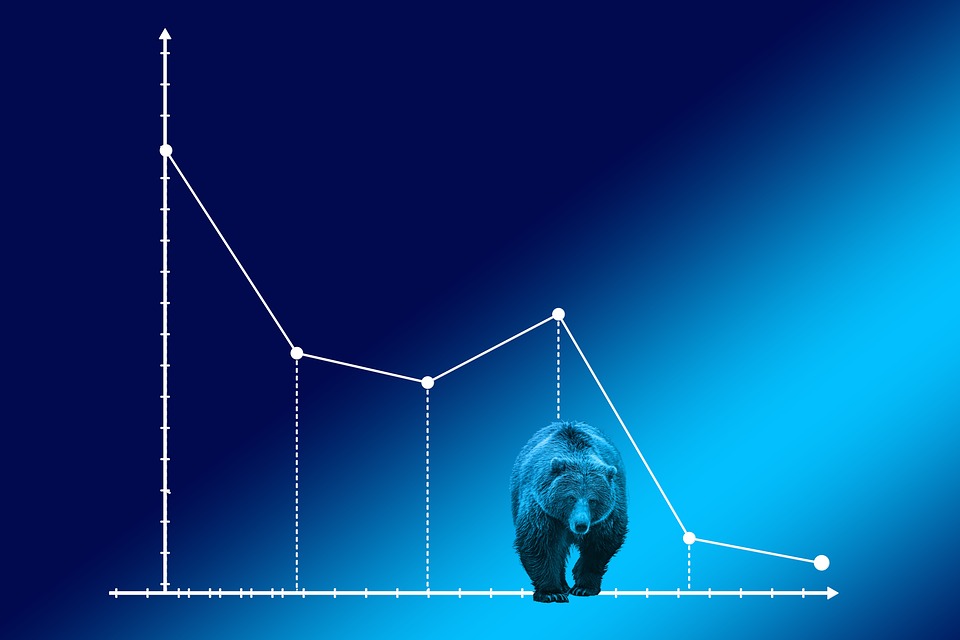Capital Group: 'New defensive' investments in three charts
Capital Group: 'New defensive' investments in three charts

Traditionally, defensive stocks and sectors are ones that have been able to retain value despite economic upheavals. However, 2020 has seen significant headwinds for such investments, with value and dividend stocks no longer considered safe havens. Yet certain fast-growing companies have also exhibited defensive qualities as investors have turned towards the digital economy and opportunities for secular growth in the midst of the challenging conditions sparked by COVID-19.
This change in investment landscape has sparked a new debate on what constitutes a defensive stock. Here are three charts outlining the issues with traditional defensive sectors such as consumer staples and utilities and what resilient investment themes are emerging in an age of digital disruption.
Are traditional defensive sectors safe?
Looking back at previous stockmarket downturns, some sectors such as utilities and consumer staples have generally held up better than the market.1 However, seeking defensiveness simply by investing in such sectors may not be such a wise strategy. Firstly, each market downturn is different and as a result, certain sectors will be more impacted than others by the specific environment. For example, while technology stocks were hit hard during the dotcom bubble at the turn of the century, they proved to be among the most resilient in the COVID-triggered market downturn earlier this year. Secondly, volatility at the sector level may ignore significant differences in returns within a sector at the level of individual industries or even companies. Such dispersion highlights the importance of company research to more precisely identify sound investment opportunities.

The new defensives: next generation utility
Since relying on certain sectors to provide defensive characteristics may not be ideal, what broad themes could defensive investors turn to instead? The answer could lie with new technology, which has the potential to unlock large addressable markets and drive secular growth.
For instance, millennials check their phone 150 times per day and spent 53 hours of their time online every week (Fall 2016 Ipsos Affluent Survey USA, September 2016). Part of the reason why millennials are so hooked to the digital realm is because digital entertainment such as video streaming, social networks and video games offer high user engagement at low costs. Consequently, demand for these services could end up displaying similar traits to utilities as user adoption grows.

How new business models are driving a new breed of defensive companies
Another theme that is enabling a new breed of defensive companies is the emergence of new business models. Companies with innovative strategies can often help boost resilience and generate more stable earnings.
One segment that exemplifies this is software companies. Software sits at the nexus of innovation and necessity. Boosted by advances in cloud technology, many software companies such as Microsoft have been embracing subscription-based business models to deliver business-critical products, benefitting both suppliers and consumers due to greater cost visibility and more stable earnings. This greater accessibility of software, at more attractive pricing models, is helping such products and services to become a staple for the businesses that use them. Durable demand and resilient business models may therefore help certain software companies weather future volatility.

1 Includes the eight periods that the MSCI World Index (with net dividends reinvested) declined by more than 10% in US$ terms, using monthly periods from 30 June 1998 to 31 March 2020. Sources: MSCI, FactSet










